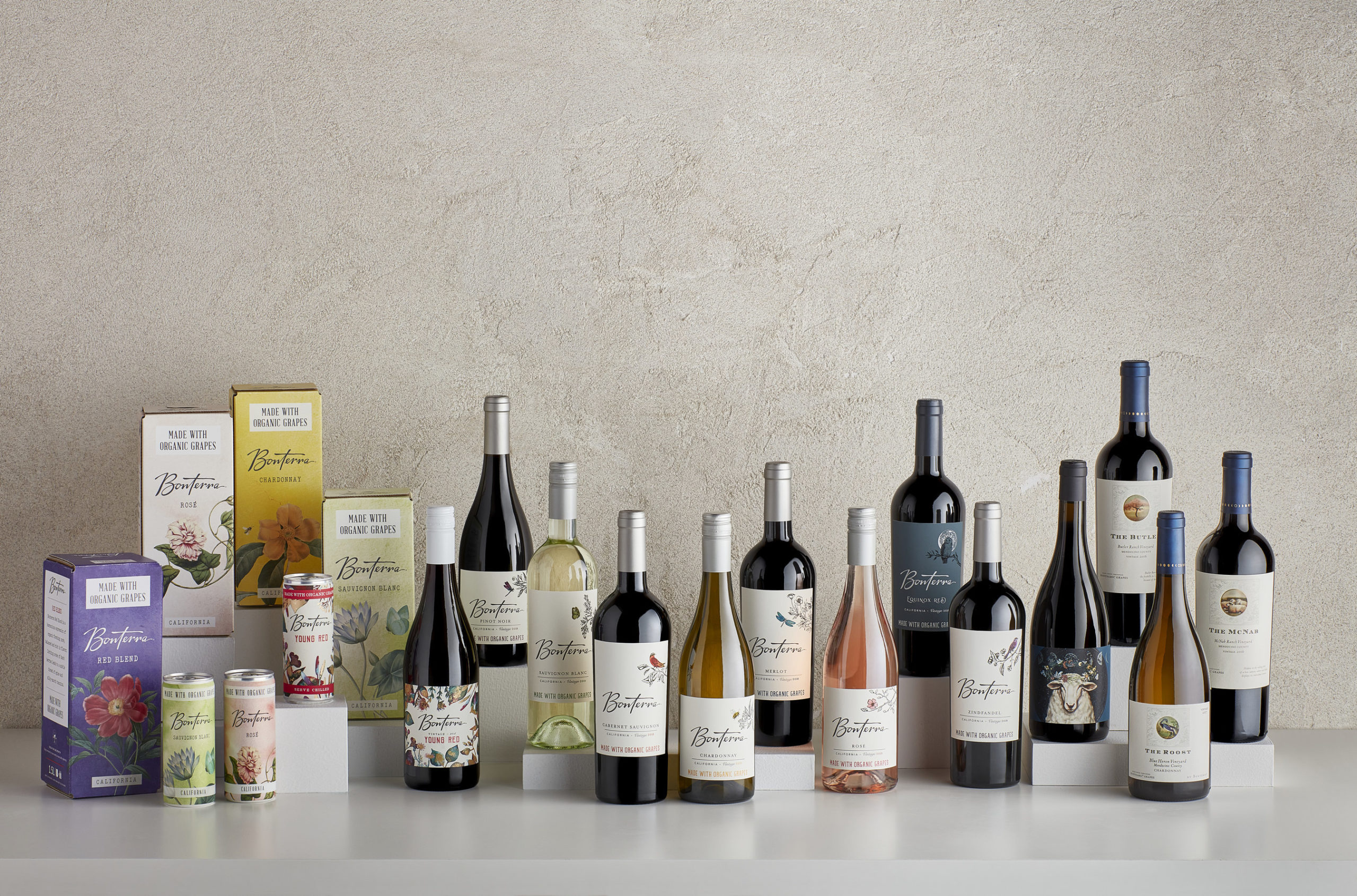
Nov 24, 2021
Cheers to growers of organic vines, wines: Editor’s letter
It gets complicated, but worldwide, more grapevines are grown organically every year.
Although organic vineyards remain a small slice (6%) of overall winegrape, table grape and raisin production, there are relatively large increases in recent years, according to a special report published by the International Organization of Vine and Wine (OIV) in September.

According to the report, “organic surface areas grew exponentially between 2005 and 2011 (+18% per year on average), only to slow down between 2011 and 2014 to an average annual rate of +4%. From 2014 onward, the growth rate increased an average of +8% per year.”
While Europe leads in the percentage of its vines certified to be organic, the report acknowledged that definitions of organic vary from one country to another. In the U.S., 4% of vineyards were certified organic in 2019, according to the OIV report.
Organic Grower and its sister publication, Fruit Growers News, over the past 12 months have told the stories of some of those U.S. growers who are trying to make changes to a more sustainable standard:
- Christian Moueix’s Dominus Estate recently celebrated transitioning its 102-acre Napanook Vineyard in the Napa Valley to organic.
- In the Applegate Valley of southern Oregon’s Siskiyou Mountains, Troon Vineyard in June received Regenerative Organic Certification for its 100-acre farm operation. It also holds a Demeter Biodynamic Certified vineyard certification.
- Columbine Vineyards, a grower of table grapes in the San Joaquin Valley, this summer was certified sustainably grown by SCS Global Services for a variety of conservation efforts. It claims to be the “first sustainably-grown certified table grapes producer in the U.S.”
But even these three stories show that within the U.S. there are a variety of standards and certifications for grapes. How does one differentiate these standards?
Some industry groups are working on that issue. This past spring, the California Sustainable Winegrowing Alliance (CSWA) launched a website, californiasustainablewine.com. The website includes insights on Certified California Sustainable Winegrowing’s logos, other California sustainability programs and definitions for sustainable, organic and biodynamic wines.
“The new certification website is a tool to convey key sustainability messages and to connect certified wines, wineries and vineyards with interested trade and consumers,” Allison Jordan, CSWA’s executive director, said.
Well done, all, and cheers.
This glass is for organic growers.
Above, the Bonterra Organic Vineyards collection epitomizes wines that are perfectly in tune with nature. Photo: Bonterra









